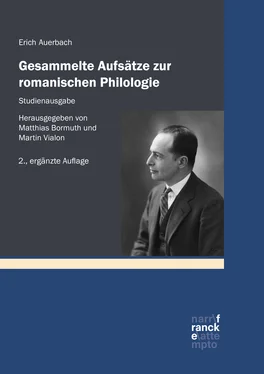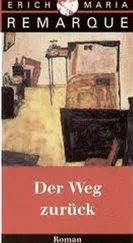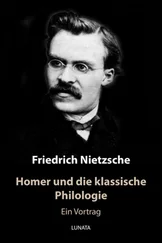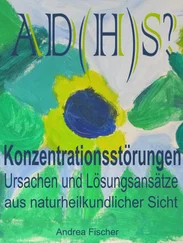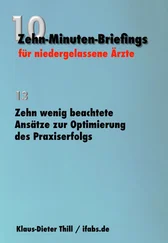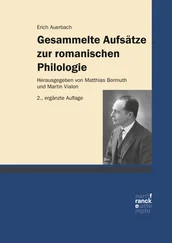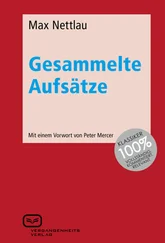DanteDante’s position is quite different. The Christian God is not only the ruler who governs the universe, he is also the sole source and the sole arbiter of justice. Therefore, whoever advocates a cause on earth, has to present it as the will of God. Now, God has disclosed his will; his revelation, linked through the Incarnation to human history, involves a providential plan of this history. But the revelation – the Holy Scriptures as well as earthly events taken as expressions of Divine Providence – may be interpreted in many different ways, especially if practical issues are at stake. The ambiguity of God’s revelation creates an uncertainty even greater than that facing DemosthenesDemosthenes and his contemporaries. Their criterion (i. e. their conscience as citizens of a polis ) has lost its decisive authority; and the new criterion, God’s will, is inscrutable. Demosthenes’ argument, that one must not judge by the event, has not lost its strength. The argument stands, only its basis has changed. God does not reveal his decision on a particular earthly issue by bestowing victory upon the righteous. The victory of the righteous will be manifest only at the last judgment. On earth, evil will always play its part, and will very often prevail, since it has an essential function in the drama of human redemption.
The struggle over political issues (I use the word ‘political’ in its widest sense) had thus become a struggle over the interpretation of the will of God; DanteDante was not the first to present his interpretation as an authentic one. The appeal to divine authority was the natural and normal way to express strong political convictions in medieval civilisation, as it had been at the time of Jewish prophecy. Indeed, very few of DanteDante’s medieval predecessors had gone so far as to claim that a special revelation had been granted them; and never before had this claim been asserted with such an encyclopedic unity of vision and with such a power of poetic expression. Politically, it was a failure. DanteDante’s idea, the reestablishment of the Roman Empire as the providential form of united human and Christian society on earth, was a lost cause long before the Commedia became known. The life which the great poem won tra coloro che questo tempo chiameranno antico ( Par . XVII , 119–120) is not due to its political doctrine, but to its poetic power. Yet DanteDante’s poetic power would not have reached its highest perfection, had it not been inspired by a visionary truth transcending the immediate and actual meaning. The Christian revival of the Imperium RomanumImperium Romanum is the first conception of political unity on earth, and the Christian interpretation of human life as fall and redemption is at the root of all dialectical understanding of history. DanteDante, in his vision, combined both. He reached conceptions far beyond the horizon of Demosthenes’Demosthenes Athenian democracy. Thus it may well be legitimate that he spoke to his readers, as he still speaks to us, with the authority and the urgency of a prophet.
Конец ознакомительного фрагмента.
Текст предоставлен ООО «ЛитРес».
Прочитайте эту книгу целиком, купив полную легальную версию на ЛитРес.
Безопасно оплатить книгу можно банковской картой Visa, MasterCard, Maestro, со счета мобильного телефона, с платежного терминала, в салоне МТС или Связной, через PayPal, WebMoney, Яндекс.Деньги, QIWI Кошелек, бонусными картами или другим удобным Вам способом.
